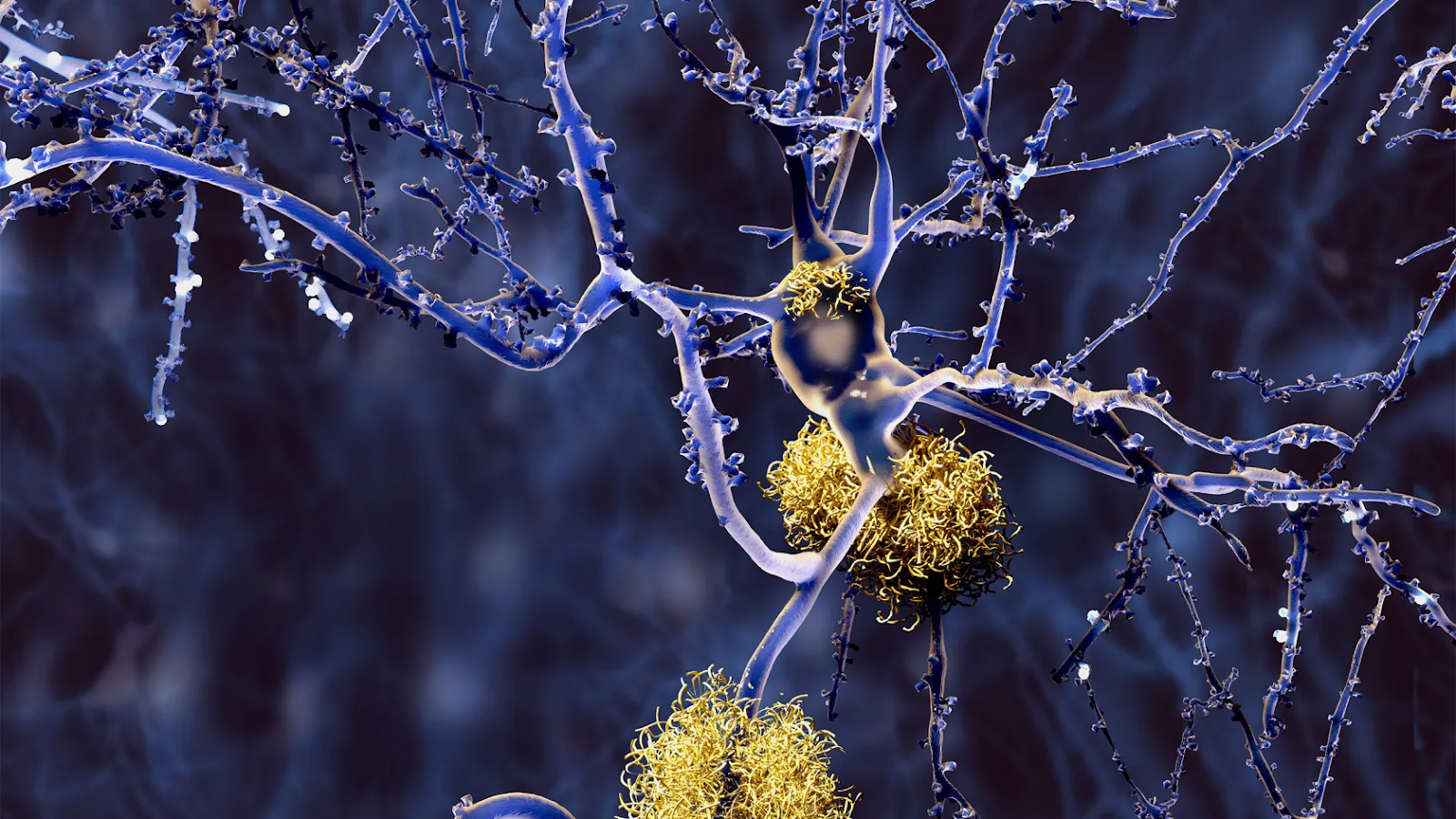New Alzheimer’s study suggests genetic cause of specific form of disease
Findings eventually could pave way to earlier diagnosis, treatment, and affect search for new therapies
A recent study published in Nature Medicine offers evidence that genetics may be a direct cause of a specific form of Alzheimer’s disease and not merely a risk factor. While most patients currently do not have a clearly identified cause of this devastating illness, researchers found that people with two copies of the gene variant APOE4 are at extremely high risk of developing Alzheimer’s. The finding led them to recommend a new designation that takes this into account, which could lead to up to a fifth of Alzheimer’s patients being classified as having a genetically caused form of the disease. The shift eventually could lead to earlier diagnosis and treatment and affect the search for therapies. Reisa Sperling, a neurologist at Mass General Brigham and an author of the study, explains the importance of the findings. This interview has been edited for clarity and length.
Your study highlights a new, clearly identified genetic component to Alzheimer’s disease worthy of a new designation. Could you explain why that’s significant?
Designating this form of Alzheimer’s disease means a group of people who are extremely likely — I won’t say absolutely, but extremely likely — to develop Alzheimer’s could be treated earlier. This could really have an impact on preventing dementia.
The second thing is there’s been an ongoing debate about whether Alzheimer’s disease has anything to do with amyloid plaques or not. And in this group, they begin to have buildup of amyloid plaques and tau tangles in their late 50s and early 60s, and the likelihood that they will develop symptoms of Alzheimer’s disease is extremely high. So it creates another link in our understanding of the disease process.
And finally, this is a bridge between the rare forms of genetically determined Alzheimer’s disease that are 100 percent penetrant and often affect people in their 40s and 50s. Those cases are often considered such a rarity that they’re not representative of Alzheimer’s disease. So people with two copies of APOE4 are a bit in the middle. This new study really suggests that their biomarkers are similar to what we see in these rare autosomal dominant diseases, and over 90 percent will develop Alzheimer’s pathology in their brains. It links the rare genetic forms of Alzheimer’s to what we call sporadic late-onset Alzheimer’s disease.
Part of this new classification would also make this type of Alzheimer’s one of the most common genetic disorders in the world. Are there benefits to having it classified that way?
I don’t know that I’m the best person to opine on that, but I certainly think there may be important reasons. For example, eventually getting insurance coverage for individuals who are below the age of 65 and need rapid evaluation and treatment for Alzheimer’s disease. Alzheimer’s disease often doesn’t get diagnosed in these individuals because people think they’re too young. Additionally, they may not have insurance coverage for all of the medications required for treatment.
I do think it is important that this is recognized as one of the more common genetic links to Alzheimer’s disease and leads the way to one day being able to treat people who have a strong family history and genetic predisposition. Then we can really think about being aggressive and treating patients early.
International Conference on Genetics and Genomics of Diseases
Visit: genetics-conferences.healthcarek.com
Award Nomination: x-i.me/gennom1
Award registration: x-i.me/genreg2
Member Nomination: x-i.me/genmember
Member Registration: x-i.me/genreg1
For Enquiries: genetics@healthcarek.com
Get Connected Here
---------------------------------
---------------------------------
Pinterest: x-i.me/genpt
Twitter: x-i.me/gentw
Facebook: x-i.me/genfb
Instagram: x-i.me/genin
Youtube: x-i.me/genyt

Comments
Post a Comment